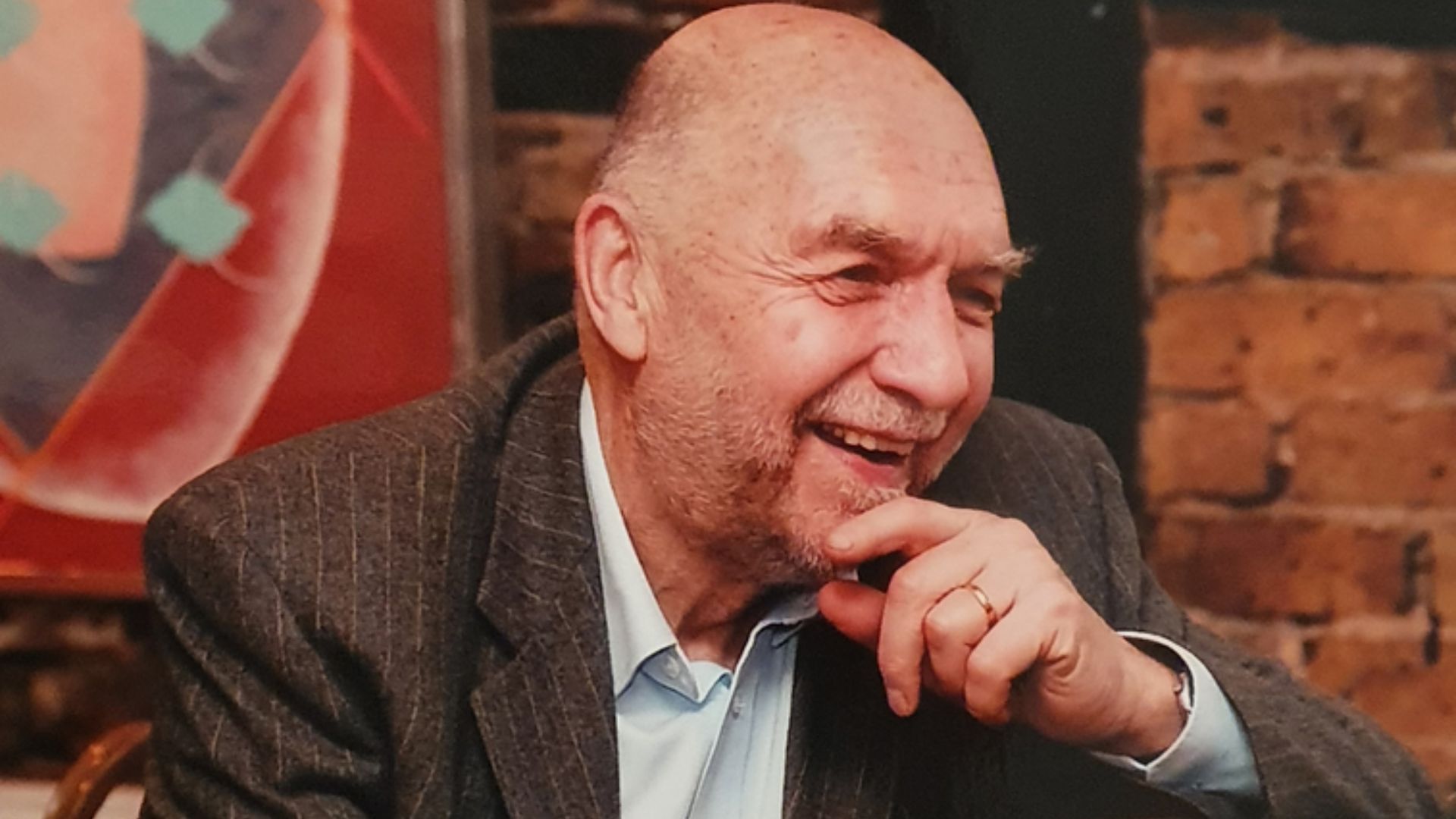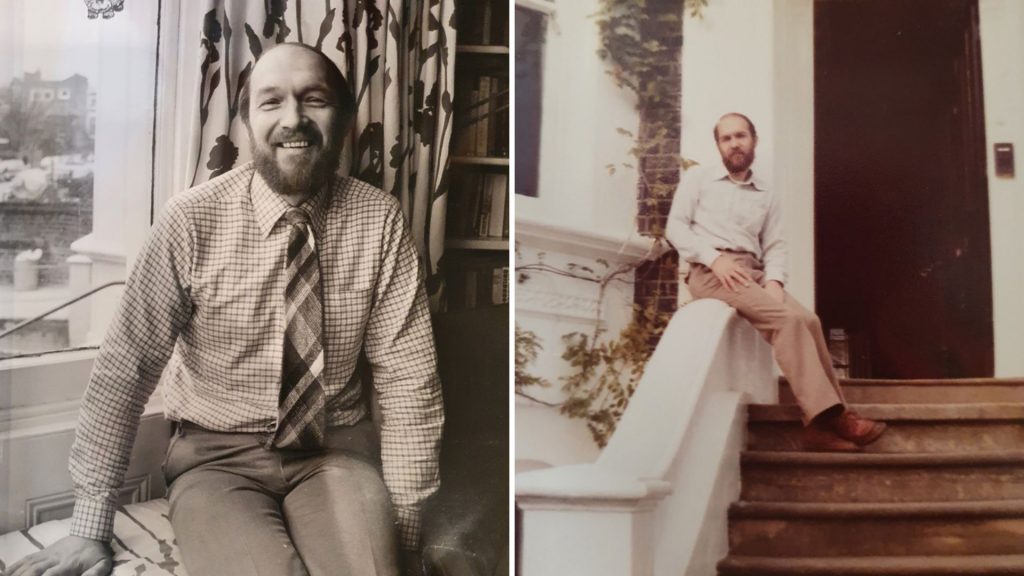Sir Alan Budd, Mister Wisteria was a wise economic head
He was a founding member of the Office of Budget Responsibility
Thursday, 26th January 2023 — By Dan Carrier

Sir Alan Budd [All photos supplied by family]
IN the early 1970s, Sir Alan Budd was in the Kentish Town branch of Woolworths when he saw a small wisteria bush for sale.
He planted it outside his house. Today the vine has become a landmark in Dartmouth Park. The first of its kind in an area renowned for wisterias, it is said Alan’s was so beautiful it kick-started a craze that defines the neighbourhood today. Looking after the wisteria, which stretches four storeys, was a dangerous act of green fingered love.
His sons recall holding his ankles as he leant out of a window to prune upper branches back. Sir Alan, who has died aged 85, will be remembered as an economist, his time at the Treasury, the London Business School, the provost of an Oxford college, a founding member of the Office of Budget Responsibility.
Born in November 1937, his father Ernest was from a family of Bermondsey publicans. His mother Elsie was a secretary and met Ernest through his work in an advertising agency. Alan’s parents separated when he was a young child and he remembered Ernest would appear at intervals driving a posh car and dispensing £1 notes.
Aged seven, he was sent to board at the Bickley Hill prep school in Kent where he was viciously bullied and badly behaved. Each week, the school would send reports home. Alan wrote a spoof, marking the work of his teachers.

Sir Alan Budd and at his home in Darmouth Park where he started the craze for wisteria on front of homes
It was discovered by the headmaster, who sniffed: “Well, we know he doesn’t think much of us.” He was severely punished. After two years as an articled clerk, at 18 he began National Service in the Royal Signals. His unit was asked by the film maker Leslie Norman to act as extras in the 1958 Richard Attenborough / John Mills film, Dunkirk. He later would claim he could spot himself wandering aimlessly along the beach.
After being demobbed, he worked for the Beecham Group, making Brylcreem.
When he saw how graduates got on at the firm, he studied at night at the London School of Economics. It was here he met Susan Millott, a sociology student. They married in 1964. Alan found his natural mathematical aptitude translated to economics and he completed a PhD. From university posts, he joined Whitehall as a civil servant and advised the government led by Margaret Thatcher.
At the Treasury during a seminal moment in the creation of Thatcher’s Britain, he had been a Labour Party member, but his economic views at the time were broadly free market. He believed Thatcher and John Major were following understandable objectives – but with one big caveat.
He felt the Conservatives did not appreciate the personal and social damage caused and sometimes thought they were callous. His expertise was in demand across the political spectrum, and the three statesmen that stood out for Alan among the many he met and worked with were Major, Ken Clarke and Gordon Brown.
“He was warm about Major,” recalls his oldest son, Joel. “Both of them had messy childhoods in and around London, both had left school at 16.
“He liked Gordon. He had agreed with some of Thatcher’s work but he felt Brown was about repairing damage caused. He spoke warmly of Brown as a person.”
The respect was two way: Alan was one of the first appointees to Brown’s monetary policy committee. Alan and Susan bought their wisteria-decked home in the early1970s and had their first child, Joel, in 1973.
Two other sons, Nathan and Saul, followed. They went to Gospel Oak School, where Alan was chair of governors. Family holidays were spent in Cornwall, Wales and Scotland and weekends on a Fitzroy Park allotment.
He loved growing and eating food – but to describe Alan as terrible in the kitchen would be generous, according to his sons. “He came from a generation of men who did not cook,” adds Joel. “He was astonishingly incompetent.”
Music, political gossip, classical architecture, gardening – he had a range of passions.
He hated pomposity. Working in grand circles, holding Whitehall positions, he got on best with the drivers who collected him and the secretaries taking minutes.
Alan died suddenly last week. He had been suffering from a heart condition. On his last day, he had checked his garlic patch at his allotment and enjoyed a leisurely lunch with friends.